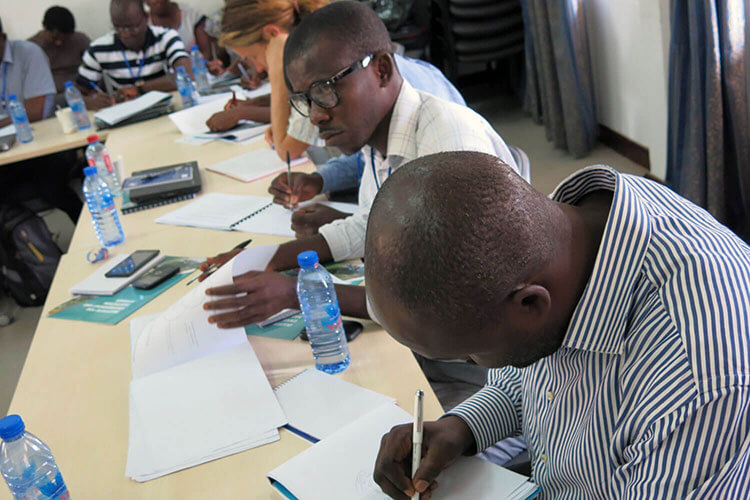Adaptation at Scale in Semi-Arid Regions (ASSAR)
START is partnering with the University of Ghana and the International Crops Research Institute for the Semi-Arid Tropics (ICRISAT) in Mali to advance understanding of barriers to and enablers of climate change adaptation in northern Ghana and southern Mali. The research is examining climate change adaptation through the lenses of governance, social differentiated vulnerabilities and ecosystem services. The research focuses on agricultural intensification processes that can create a more enabling environment for adapting to climate change through the factors that drive intensification, such as access to credit, services, inputs, markets, equipment, infrastructure, and enabling policies. Edmond Totin, a scientist at ICRISAT-Mali and an ASSAR Fellow, shares his observations about the project.
“As a young scientist working on rural sociology and climate change, I have found many linkages between my work and the ASSAR project, which has a core research objective of developing robust evidence on the factors that will enable sustained and widespread climate adaptation in semi-arid regions. ASSAR is providing strong evidence to convince policymakers of the need to take quick and effective actions on climate change.
The use of transformative scenario planning (TSP) through the ASSAR project is providing opportunities for bottom-up planning on adaptation responses. This is a welcome advance, given that policies are often designed by actors sitting at a high level, without sufficient connection with the local communities who are experiencing climate change effects. Often, these policies are not applicable because they do not reflect realities on the ground. ASSAR will help to bridge this critical gap.
Personally, the ASSAR project offers me the opportunity to work ‘out-of my box’ by interacting with researchers from different backgrounds and expertise. I have had the chance to learn from their experiences, and see how researchers from different disciplines view the world!”

